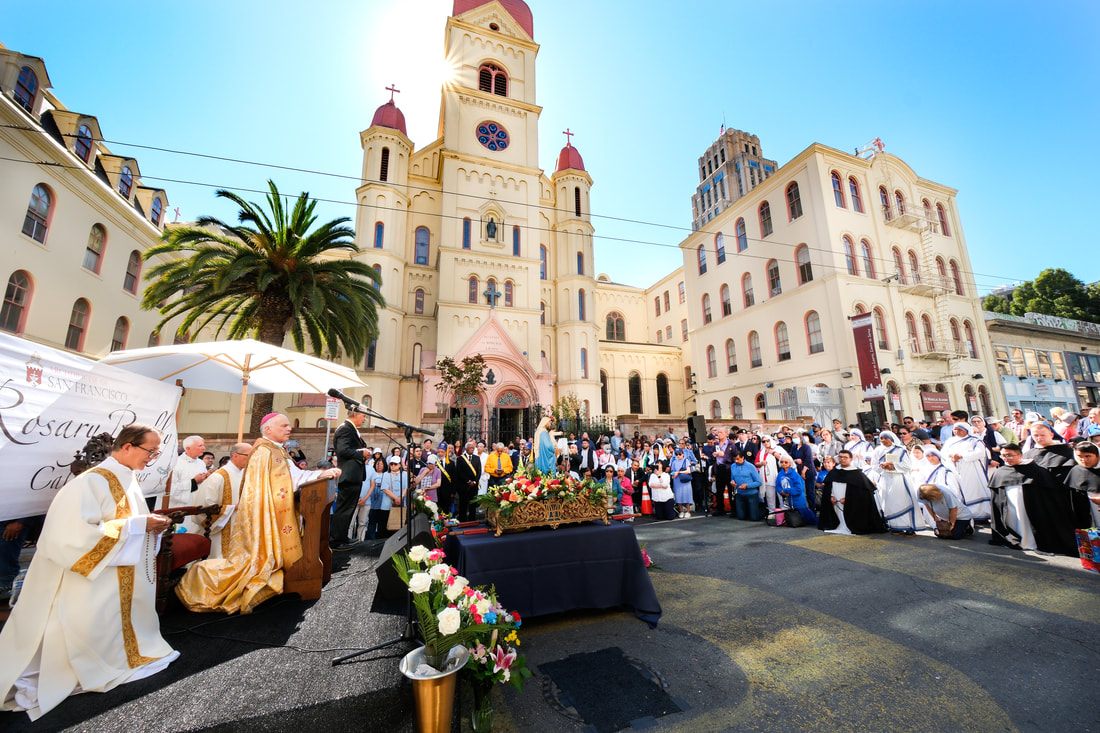I picked up a bright bag of organic lemons and went to the checkout. “Good morning!” I greeted the lonely checkout girl. She didn’t look up but mumbled “hello.” Some employees at woke stores are angry, but most are just sad. This 20-something, overweight, slumped and vacant-eyed person was just sad. “Would you like a bag?” she whimpered. I tried to infuse some energy into our conversation: “No, but thank you!” She didn’t respond, but just waited for my payment. “How much is it?” I asked brightly. She dumbly gestured to the credit-card reader, which I had to swivel around to see (I surmise most customers at Whole Foods don’t need to know how much things cost).
I handed her a twenty and she asked plaintively if I wanted a receipt. I thanked her, but what I didn’t say was “God bless you.” And I’m so sorry I didn’t. What this sad daughter of God needed was not my money but my blessing, a kind word, someone’s witness that there is a God and He loves us all.
It’s easy to dismiss or, worse, to despise the “losers” in our culture’s race to happiness. San Francisco abounds with Amazon trucks, usually driven by young people of color being paid the minimum wage. Amazon’s vehicles make this promise, painted on the sides of their trucks: “Caution: contents may cause happiness.” That’s funny, because the drivers don’t look happy. Maybe they can’t afford Amazon products on their Amazon salary. It’s so easy for these “losers” to remain invisible, a brief irritation to us who like to imagine that we are overcoming inequality.
Yesterday I walked around the city block of our cathedral church praying the rosary with about 25 people. We walked past the Chinese embassy on the way, a massive fortress-like structure bristling with cameras and armed guards. Yesterday a dozen luxury limos were lined up outside. As we ambled by saying our prayers, several of the limo drivers smiled at us—most were Latinos and some were Asians, but I would guess that all were wage slaves of a capitalist system that pretends to be socialist. I glanced into their faces and felt, rather than the usual antagonism for “the enemy,” a burning love for them. It was a surprising grace of God for an old culture warrior like myself. Certainly the limo drivers are not “the enemy,” and even the rich and powerful Chinese government officials they drive around are not “the enemy.” No one is essentially an “enemy” if God gives us the grace to love every person made in His image.
Back to Whole Foods this morning: the sad checkout girl gave me my change, which was supposed to be 52 cents. But she gave me a dollar coin instead of a quarter, and Whole Foods lost 75 cents because their checkout girls are depressed. It made me think how quickly our economy—both in its narrow financial aspect but also in its broad human dimensions—falters when people are dehumanized. What has this poor checkout girl already suffered to make her so sad? Did her father abandon her, or her boyfriends treat her like a piece of meat, or her educators teach her that her country is evil and that there is no God? Did every social media post tell her that overweight women are trash, and that she was a loser?
She is not a loser. There is a God, and we can see His beauty in every human face, if we apply ourselves. As I get older, and learn better to be a father, I find it more natural to see this goodness in other people. Lots of prayer helps!



 RSS Feed
RSS Feed